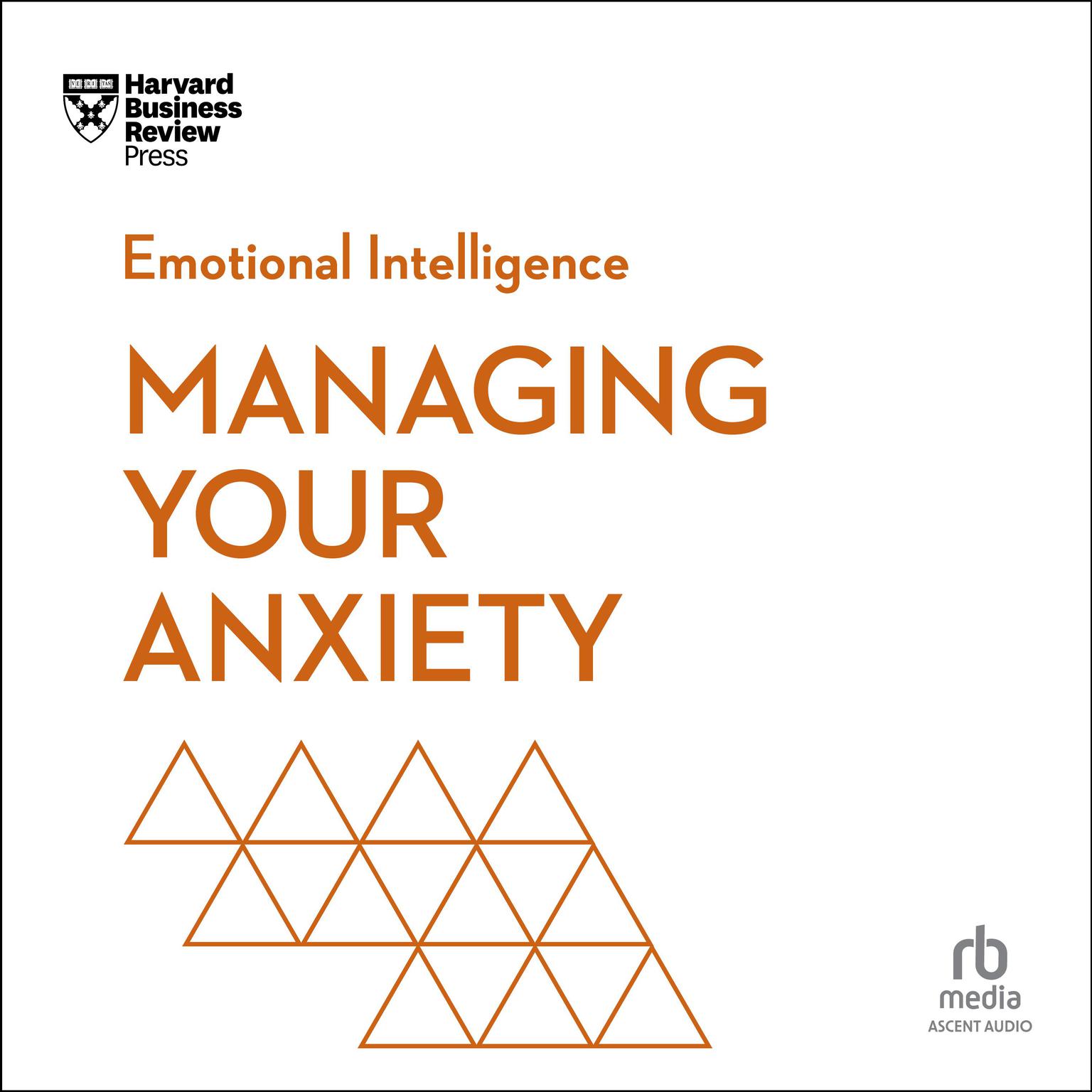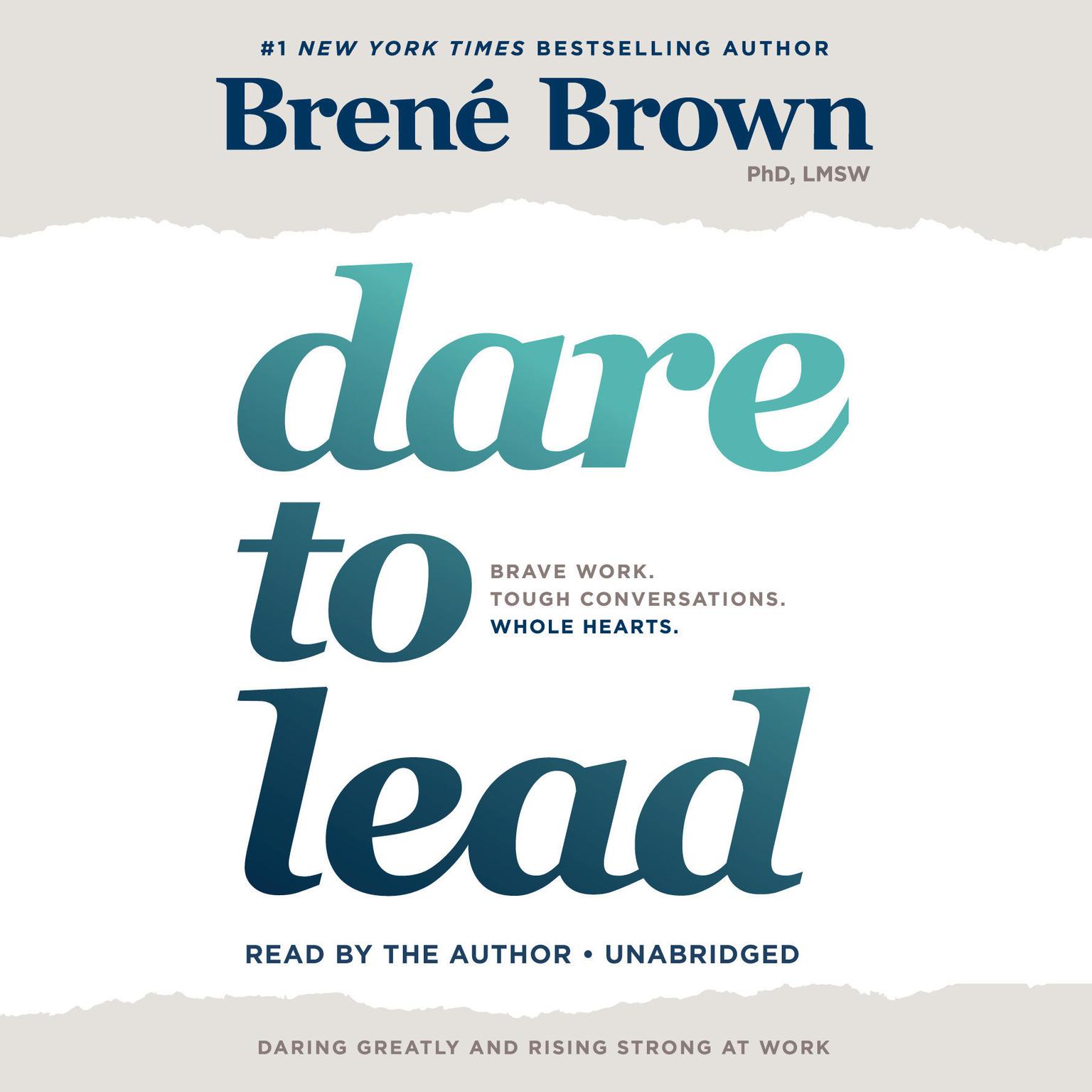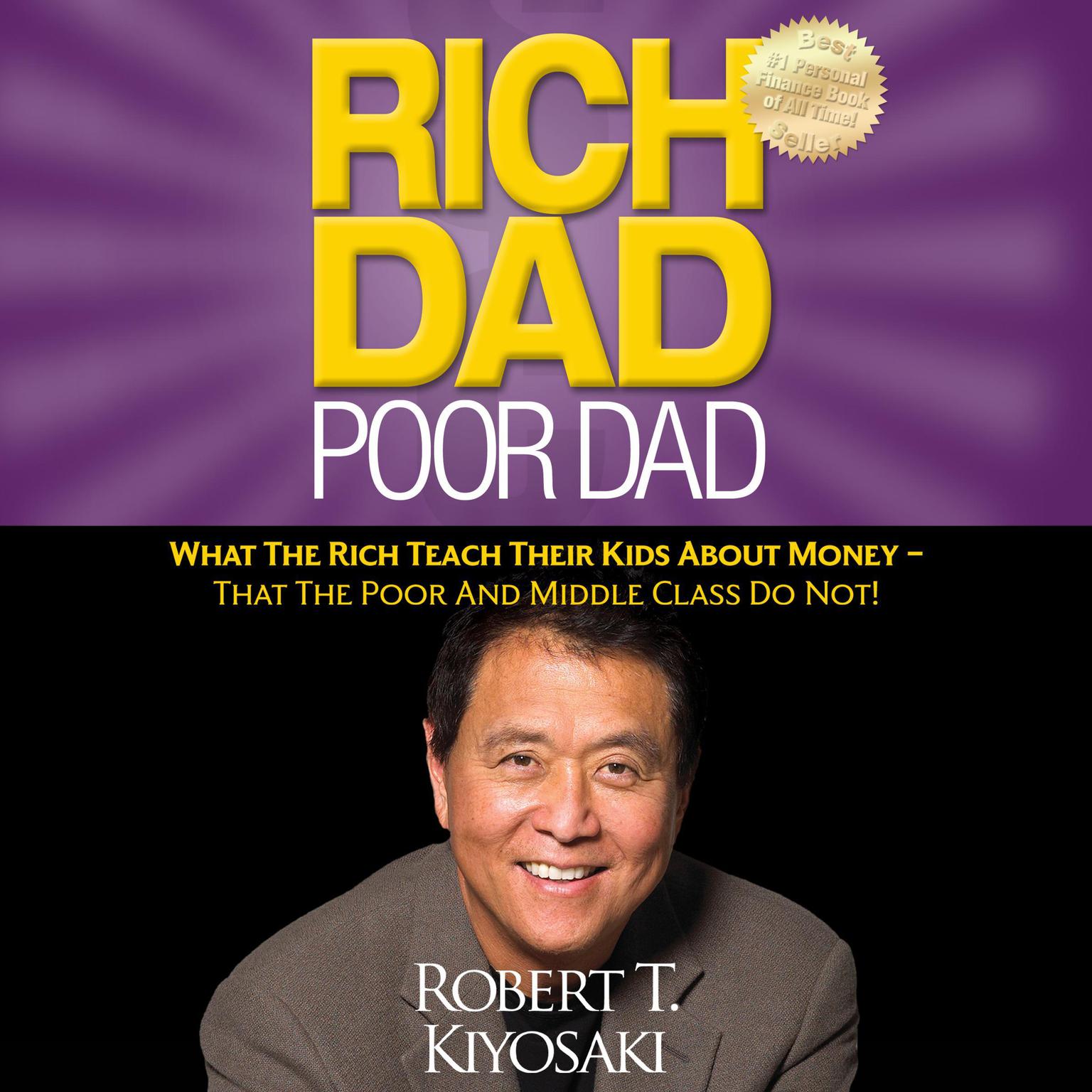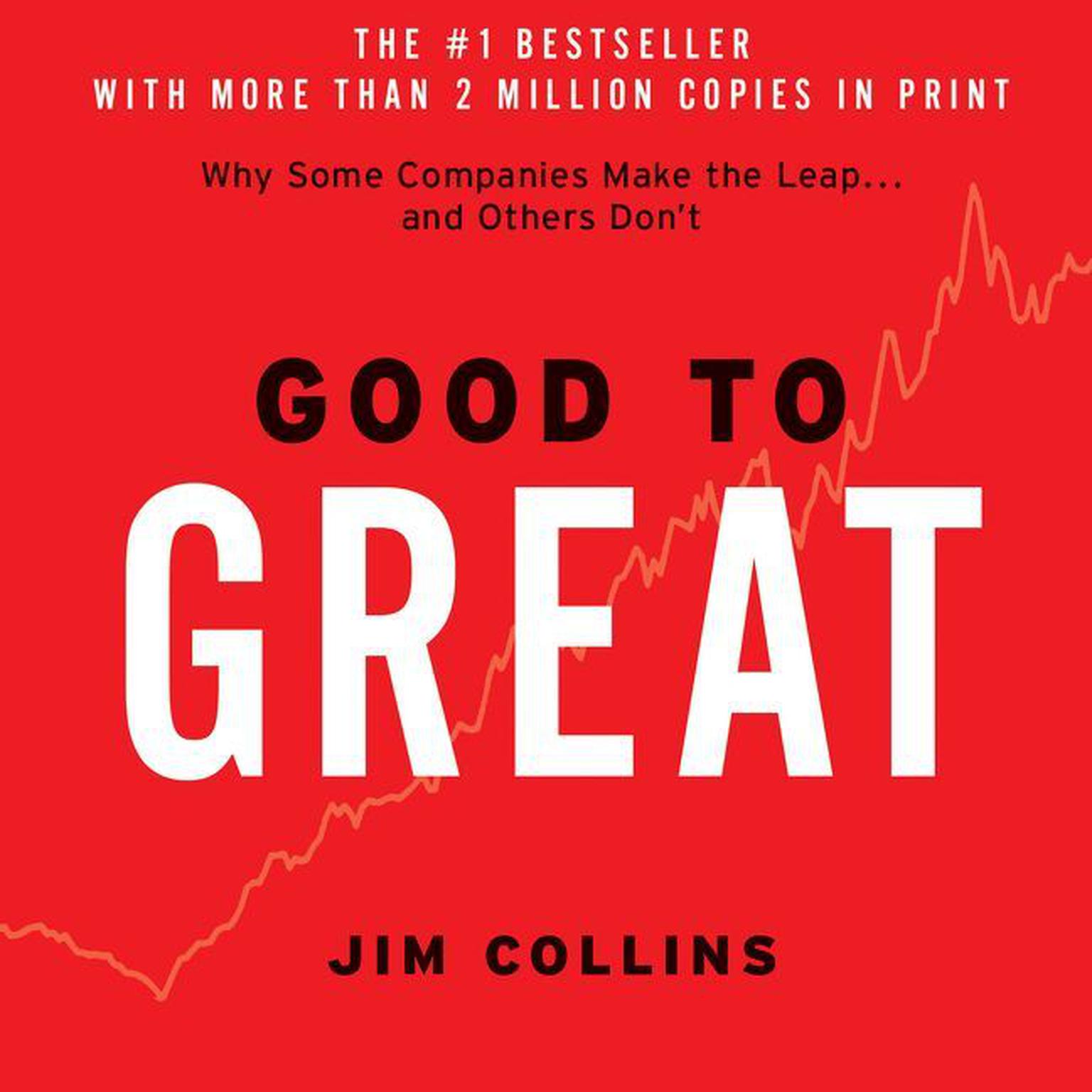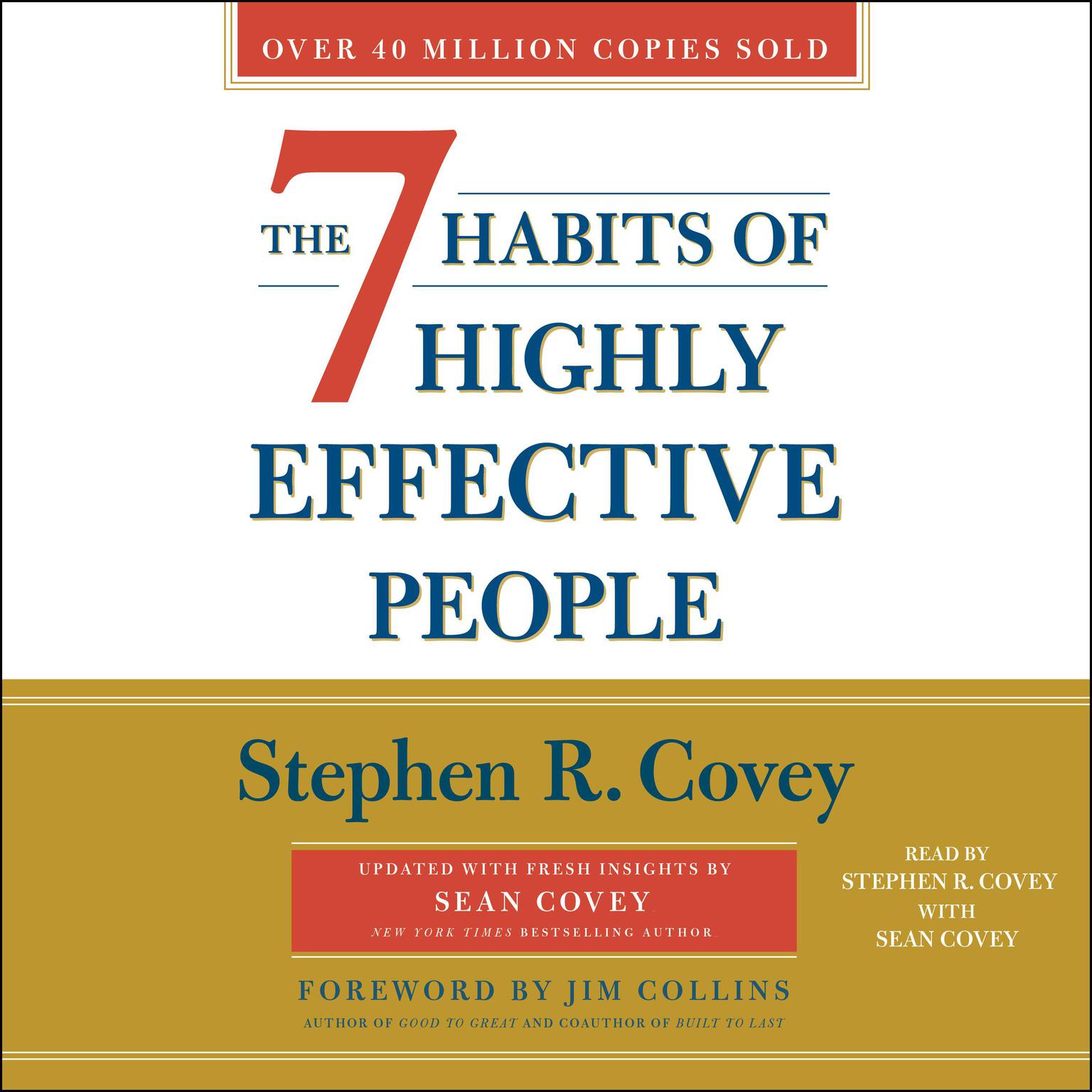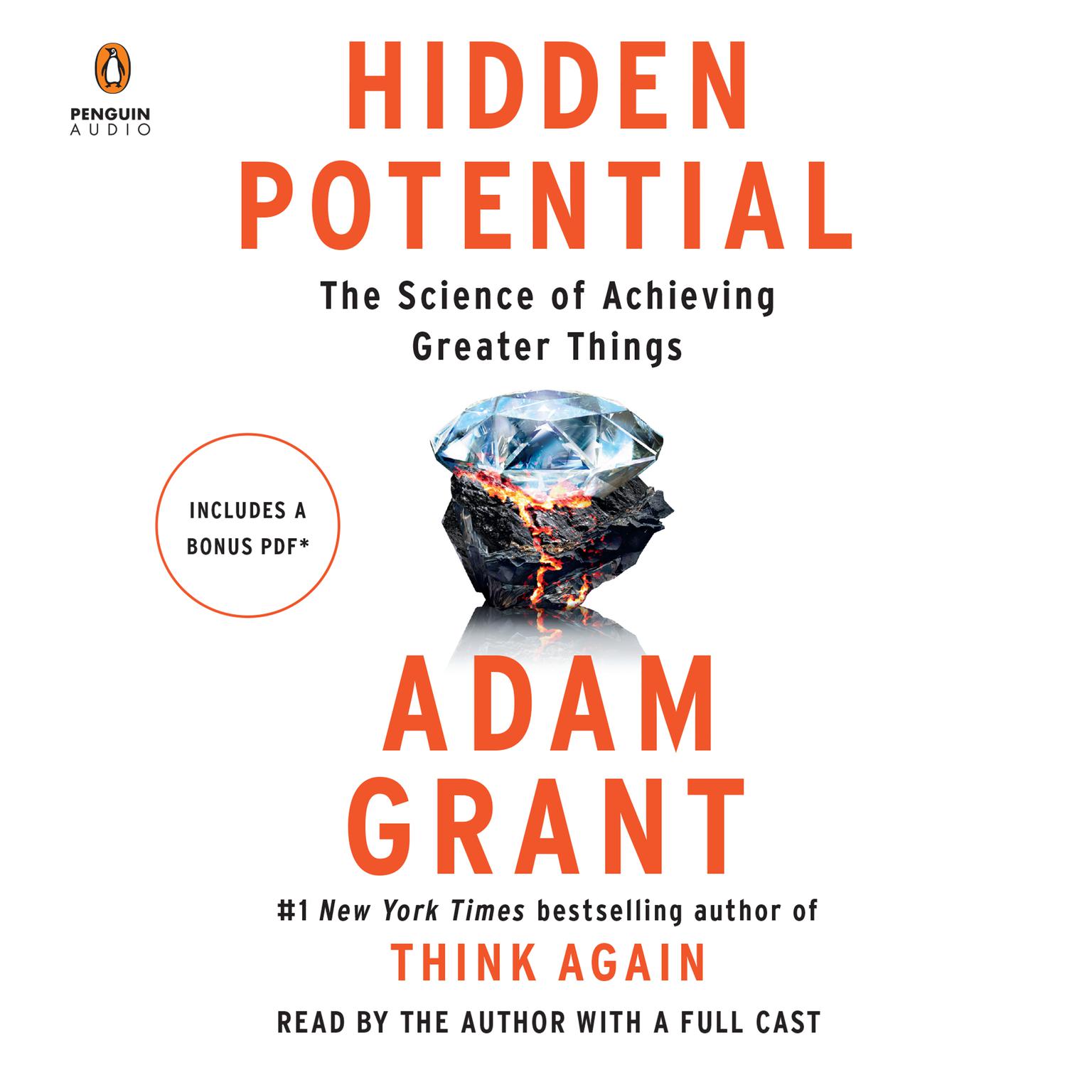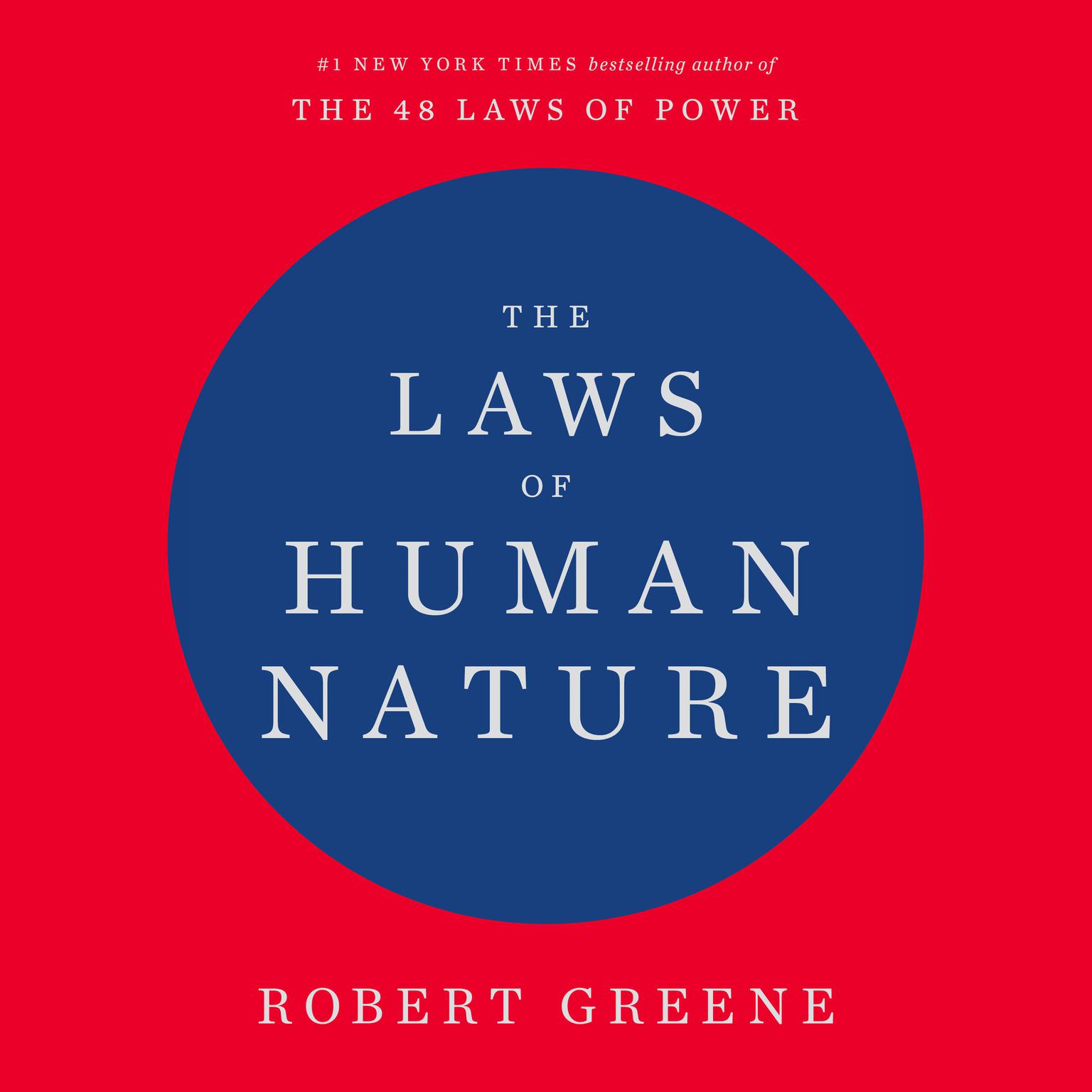Publisher Description
An intersectional approach to personal finance from queer, neurodivergent personal finance educator and TikToker, Ellyce Fulmore.
There’s no magic formula for being “good with money.” The perfect budgeting spreadsheet or debt repayment plan will never address the root of your money issues. When Ellyce Fulmore started her journey with personal finance, she was drowning in $35K of debt, had $60 to her name, and avoided looking at her bank account. Her own “aha” moment came when she realized that the reason she and so many others have struggled with finances has little to do with being “bad with money.” Instead, it has everything to do how identity and lived experience affect financial behaviors.
Now in Keeping Finance Personal, Ellyce offers a shame-free, trauma-aware approach that explores the complex, nuanced, and deeply personal relationship between your identity and your money. With chapters exploring topics such as finding safe spaces, personal values, relationship dynamics, family systems, and culture, it’s clear this is not your typical finance book. Readers will engage with how their upbringing, sense of self, trauma, and mental health impact their decisions, and begin a journey to change their relationship with money.
This book is for the woman facing sexism at her local bank, the neurodivergent person struggling with impulse spending, the young adult questioning societal expectations, the 2SLGBTQIA+ couple searching for a place to rent—all the people that don’t fit into the mold that traditional finance advice is aimed at. Filled with interviews from a diverse range of voices, practical exercises, and tangible tips, Keeping Finance Personal provides a path to develop a healthy money mindset and create a life where financial stability and joy coexist.
Download and start listening now!
If you’re considering buying Keeping Finance Personal, let me warn you: This is not a book. This is a mirror. “Feeling seen” doesn’t even cover it—I felt named, identified for things I (as a financial educator!) didn’t even realize I struggled with, much less that these parts of my identity affected my money brain so deeply. With every chapter, Ellyce does this magical accordion-y thing: She lays out the financial landscape of incredibly nuanced topics you don’t see in other money books, like neurodivergence or gender identity. But then, she gathers you in and makes you feel enclosed in a safe space of real solutions and, above all, true humanity and compassion. Honestly, I want to crawl inside of this book and live there.
—
Berna Anat, bestselling author of Money Out Loud

